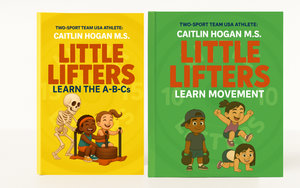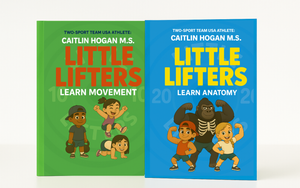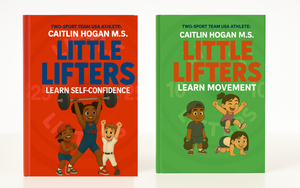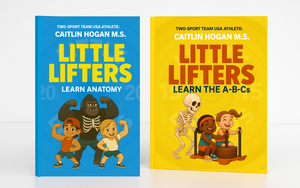💧 Water Is Fuel: Why Hydration Is a Game-Changer for Growing Kids
Before your child even thinks about running, climbing, reading, or learning—they need one thing first: water.
Hydration is essential for every system in a child’s body—from their brain to their muscles to their skin. Kids lose water faster than adults through sweat, play, and even breathing, which makes daily hydration a top priority for parents and caregivers.
When kids are well-hydrated, they focus better, move better, and feel better. It’s that simple.
🧠 Why Hydration Matters
Water supports:
-
Brain function – improves focus, memory, and mood
-
Temperature regulation – especially during outdoor play or sports
-
Muscle and joint health – prevents cramps and supports smooth movement
-
Digestion – helps process nutrients and prevent constipation
-
Healthy skin, energy, and immune function
Even mild dehydration can lead to headaches, fatigue, crankiness, and trouble concentrating—things no parent wants to see.
📏 How Much Water Do Kids Need?
General guidelines:
-
🧒 Ages 4–8: ~5–6 cups per day (40–48 oz)
-
👧🧑 Ages 9–13: ~7–8 cups per day (56–64 oz)
-
🏃♀️ Add more during hot weather, sports, or illness
Tip: If your child is thirsty, they’re already a little dehydrated. Encourage sips throughout the day—not just at meals.
💡 Signs of Dehydration in Kids
🚩 Dry lips or mouth
🚩 Fatigue or crankiness
🚩 Headaches or trouble focusing
🚩 Dark yellow urine
🚩 Low energy during play or sport
If any of these show up, offer water immediately and take a break from activity.
🥤 Easy Ways to Keep Kids Hydrated
🍓 Make Water Fun:
-
Let them pick their own water bottle or straw
-
Add fruit slices (lemon, berries, cucumber) for flavor
-
Freeze fruit into ice cubes for a visual treat
-
Use silly names like “brain juice” or “muscle water” 😄
⏰ Build Water Into the Routine:
-
Morning = wake-up water
-
Before school or practice
-
After physical activity
-
Before bed (just not too much!)
🥒 Hydrating Foods Count Too:
-
Watermelon
-
Strawberries
-
Oranges
-
Cucumbers
-
Yogurt and soups
🔬 Science Spotlight
Water helps maintain blood volume, transport nutrients, and flush waste products—all essential for kids’ fast-growing bodies. It also keeps the brain hydrated, which improves mood, attention, and school performance.
Studies show even a 1–2% drop in hydration can affect kids' cognitive performance and emotional regulation. Staying hydrated isn’t just physical—it’s mental too.
💡 Parent Tip:
Make hydration a habit early. Instead of “drink your water,” try “Let’s fuel your brain” or “Time for a power-up!” When kids connect hydration with feeling good, they’re more likely to do it on their own.




0 comments